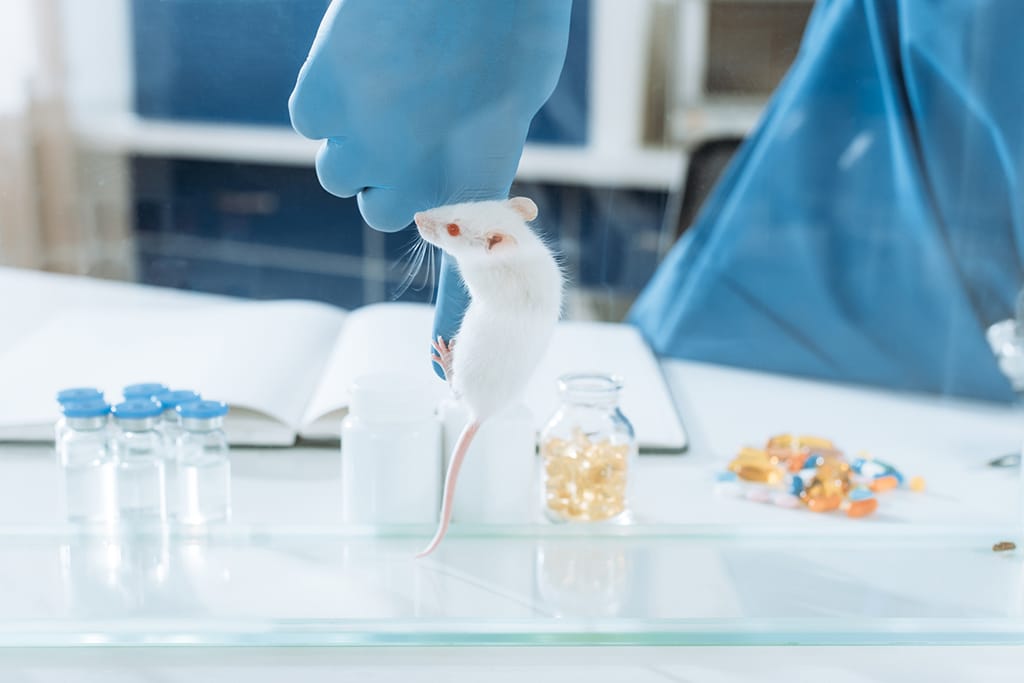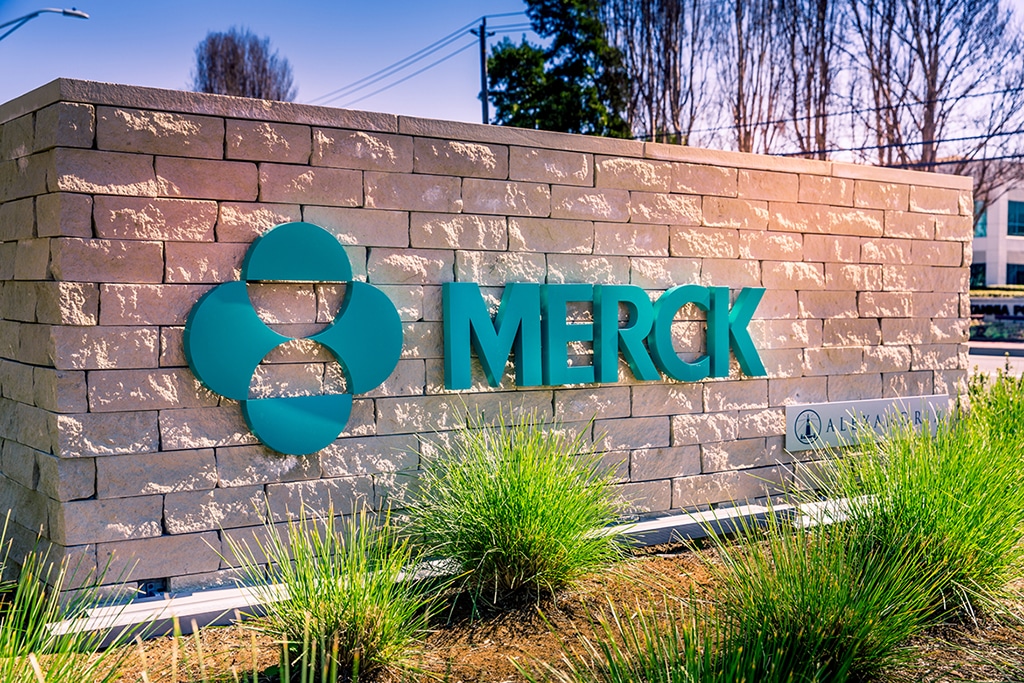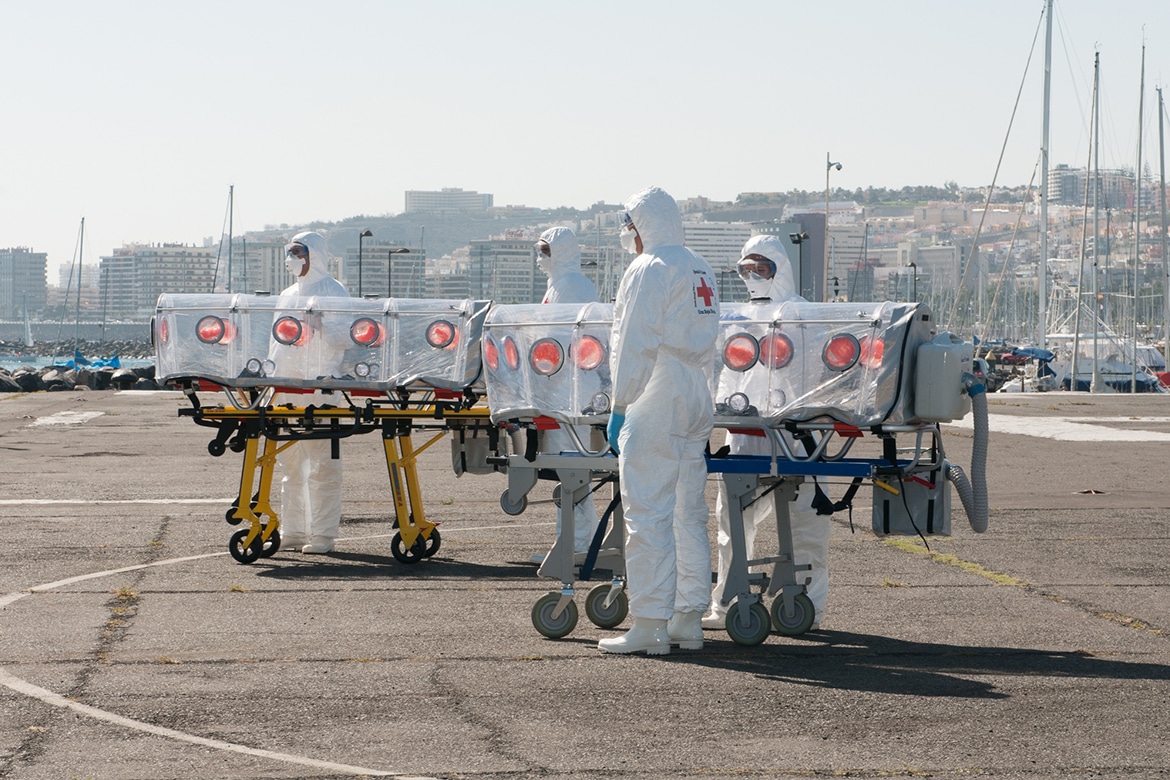AstraZeneca’s COVID-19 vaccine clinical trials gave possible results. Hopes to see the speedy release of the vaccine boost AZN stock.
Nothing in the world right now is more important than getting a vaccine to combat the notorious COVID-19 disease (also known as coronavirus) that broke out in Wuhan China in late 2019. The virus plunged the world into a pandemic that shut down businesses, led to the closure of schools, religious places of worship, and even government agencies. The world was only able to survive because of the existing technological systems it has put in place. To get the world economy back to normality, a vaccine that can guarantee immunity against this disease is highly sought after. British-Swedish pharmaceutical company AstraZeneca Plc (NYSE: AZN) is among the top companies in the world frantically in a race to discover and perfect a cure or vaccine for the coronavirus.
The company is making headway as its recent clinical trials show promising results. Trading on three stock exchange platforms, the NYSE listed AZN stock has shown a merger growth record an impressive 1.46% increase to trade as high as $54.52 on Tuesday. However, today in the pre-market, AstraZeneca stock is 2.67% down.
AstraZeneca Performance
AstraZeneca has its global headquarters in Cambridge, the United Kingdom with a presence in Gaithersburg, Maryland, and Mölndal in Sweden. The company was founded in 1999 through the merger of the Swedish Astra AB and the British Zeneca Group (itself formed by the demerger of the pharmaceutical operations of Imperial Chemical Industries in 1993). Since the merger, it has been among the world’s largest pharmaceutical companies and has made numerous corporate acquisitions, including Cambridge Antibody Technology (in 2006), MedImmune (in 2007), Spirogen (in 2013) and Definiens (by MedImmune in 2014).
Over the years, the company has been involved in the production of key drugs. For example, In December 2014, the company received accelerated FDA approval for Olaparib in the treatment of women with advanced ovarian cancer who have a BRCA genetic mutation. Also in 2015, The company made known its plan to spend $40 million creating a new subsidiary focused on small molecule anti-infectives – primarily in the research of the gyrase inhibitor AZD0914, which is currently in Phase II for the treatment of gonorrhea.
As investors puzzled over the fate of the company in the light of Brexit, the company has wedged past disintegration and has continued in its efforts to bring medical solutions to humanity, a mission that’s never been more relevant than this COVID-19 era.
AstraZeneca (AZN) COVID-19 Vaccine and Research
Back in April, the company’s CEO Pascal Soriot revealed collaborative research between AstraZeneca, GlaxoSmithKline Plc (NYSE: GSK), and the University of Cambridge to develop a new laboratory capable of conducting 30,000 COVID-19 tests per day. In June 2020, AstraZeneca (AZN) and Emergent BioSolutions signed an $87 million deal to manufacture doses of the Oxford University’s adenovirus-based COVID-19 vaccine specifically for the U.S. market.
The vaccine which recently passed through a clinical trial shows that two doses of the COVID-19 vaccine prototype administered to pigs prove effective in treating the disease. This result was made known by Pirbright Institute, the UK body conducting the trial. As noted by Eric Volkman on the Motley Fool, the study was specifically designed to research whether a prime/booster combination of AZD1222 would be notably more efficacious. “This finding in pigs is important as it reveals that two doses of the new vaccine could potentially give significantly more protection in humans than a single dose, and therefore provide a clinical benefit,” Pirbright wrote.
Based on lab results from different pharmaceutical organizations in search of the COVID-19 vaccine, different dates have been projected to see an eventual rolling out of a vaccine. With much efforts currently concentrated on research, the potentials to see a vaccine by the first Q1 of 2021 is an ambitious dream that all desires to come to pass.
Other coronavirus updates are here.


